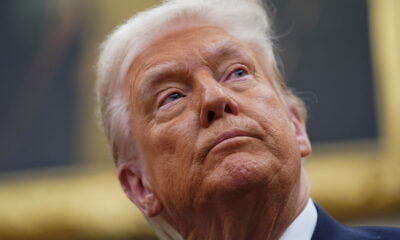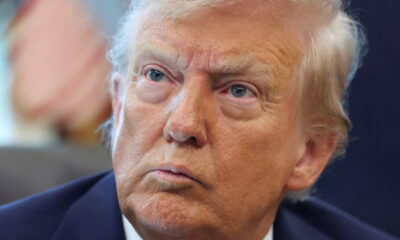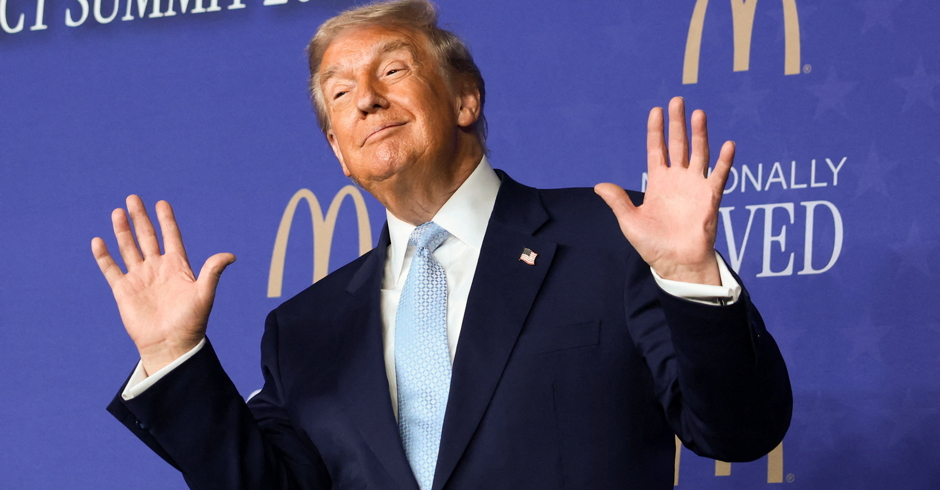CORRUPTION
Bombshell Report: Jared Kushner Set Up Shell Company That Diverted Campaign Cash to Trump Family Members

Jared Kushner helped set up a shell company that secretly paid President Donald Trump’s family members and spent nearly half of his 2020 campaign’s funds.
The president’s son-in-law and White House senior adviser directed his sister-in-law Lara Trump, Vice President Mike Pence’s nephew John Pence and Trump campaign CFO Sean Dollman to sit on the shell company’s board, a source familiar with the operation told Business Insider.
The company, which was incorporated as American Made Media Consultants Corporation and American Made Media Consultants LLC, spent $617 million of the campaign’s $1.26 billion war chest, according to campaign finance records.
Trump’s top advisers and campaign staff told Insider they were unaware of how the shell company operated, and campaign officials even conducted an internal audit of its operations under former campaign manager Brad Parscale but never reported those findings, and the next campaign manager Bill Stepien had little involvement with AMMC.
“Nothing was done without Jared’s approval,” said a former advisor to Trump’s 2016 campaign. “What Stepien doesn’t know is because Jared doesn’t want him to know.”
The nonpartisan Campaign Legal Center filed a civil complaint in July with the Federal Election Commission accusing the campaign of disguising” about $170 million in spending “by laundering the funds” through AMMC.
“[It’s a] scheme to evade telling voters even the basics on where its money is really going [and a] shield to disguise the ultimate recipients of its spending,” said Brendan Fischer, the center’s director of federal reform.
The Department of Justice may open a criminal investigation if the government suspects the payments were a “knowing and willful” violation of election law.
Several sources from the Justice Department and FEC told Insider that investigators may already be looking into the campaign’s activity.
“Lara Trump and John Pence resigned from the AMMC board in October 2019 to focus solely on their campaign activities, however, there was never any ethical or legal reason why they could not serve on the board in the first place,” said Tim Murtaugh, the campaign’s communications director. “John and Lara were not compensated by AMMC for their service as board members.”
Image: DoD Photo by Navy Petty Officer 2nd Class Dominique A. Pineiro via Flickr
Enjoy this piece?
… then let us make a small request. The New Civil Rights Movement depends on readers like you to meet our ongoing expenses and continue producing quality progressive journalism. Three Silicon Valley giants consume 70 percent of all online advertising dollars, so we need your help to continue doing what we do.
NCRM is independent. You won’t find mainstream media bias here. From unflinching coverage of religious extremism, to spotlighting efforts to roll back our rights, NCRM continues to speak truth to power. America needs independent voices like NCRM to be sure no one is forgotten.
Every reader contribution, whatever the amount, makes a tremendous difference. Help ensure NCRM remains independent long into the future. Support progressive journalism with a one-time contribution to NCRM, or click here to become a subscriber. Thank you. Click here to donate by check.
 |






















